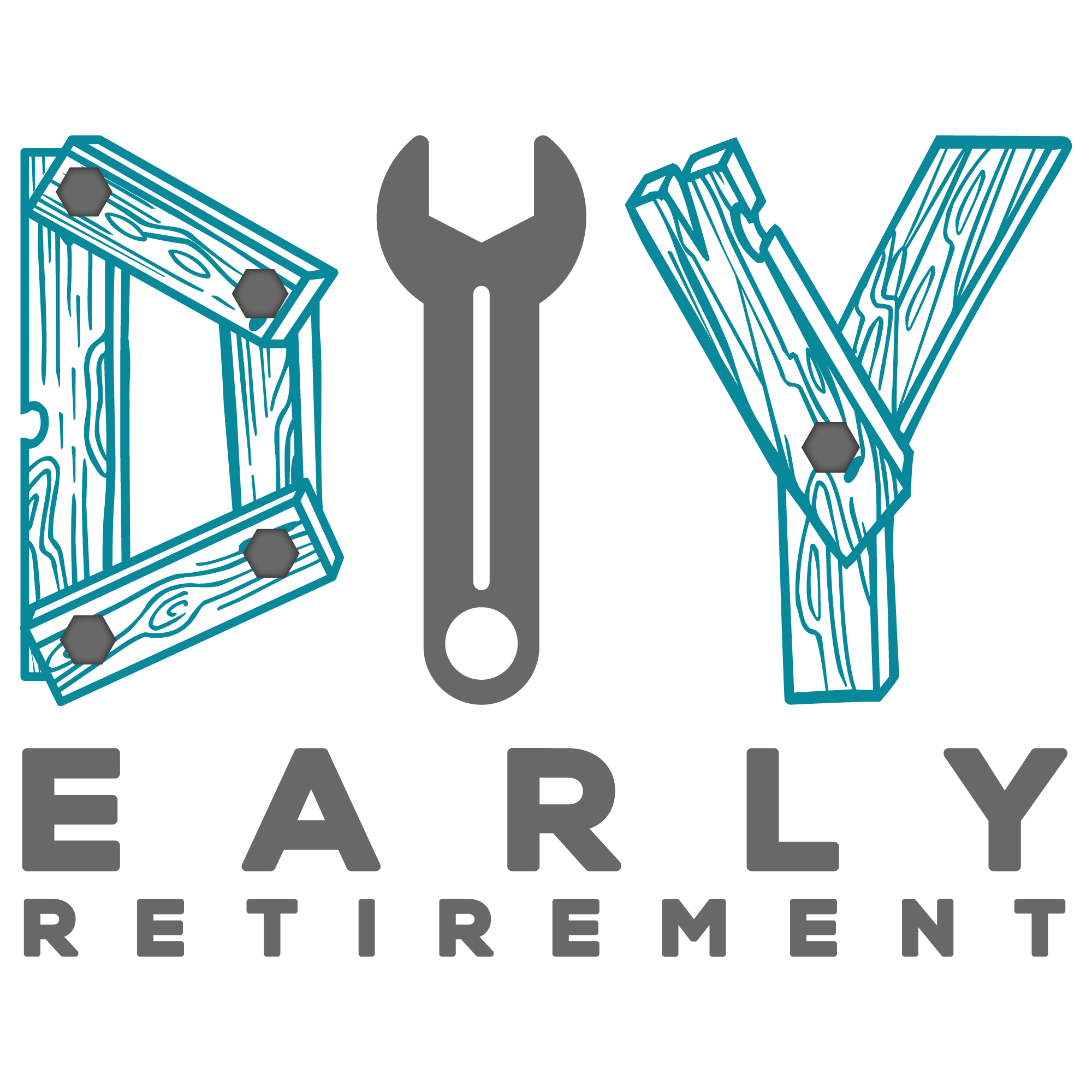Experiments and Findings in Post-Full-Time-Work (retirement) Life
You will need socialization (because you’re not getting it at work, or on Zoom). Recommend in-person activities. Get to know your neighbors, check meetup.com, Facebook, local art museums or science centers, go to dinner with strangers using the Timeleft app, GET INVOLVED!
Be careful about “shoulding” all over yourself, ex. I should do this… I should do this… Take a step back and think about what you really WANT to do
Now that you likely have more time, be aware that you may be less efficient at things because of a lack of pressure, haste, or necessity. Consider if it makes sense to limit your time and have more intent in your practice sessions, whatever they are
Realize the distance you’ve created between the YOU that you had to be for work, and who you are able to be now. Are there parts of you that are not as present? Are you less irritated or tense because you have fewer deadlines? Think about the “work” you still do in your life. What parts of that work bring back the person you had to be at your old job? Did you like being that person?
Example: When I was working, I had to be a strict supervisor. I was watching my employees work and time carefully and made sure our products were available for deadlines. I was exhausted in this role. I felt like I could never relax or be anyone’s friend. After quitting work, I no longer had to boss anyone around and was able to relax, have friendships, not point out every mistake someone made. However, there are times I have to put myself back into an annoyed state to be most effective - customer service calls to airlines, pointing out poor work by a contractor, requesting a refund. Recognizing these roles, how I feel in them and learning ways to be effective without such an edge are part of my journey in retirement.
